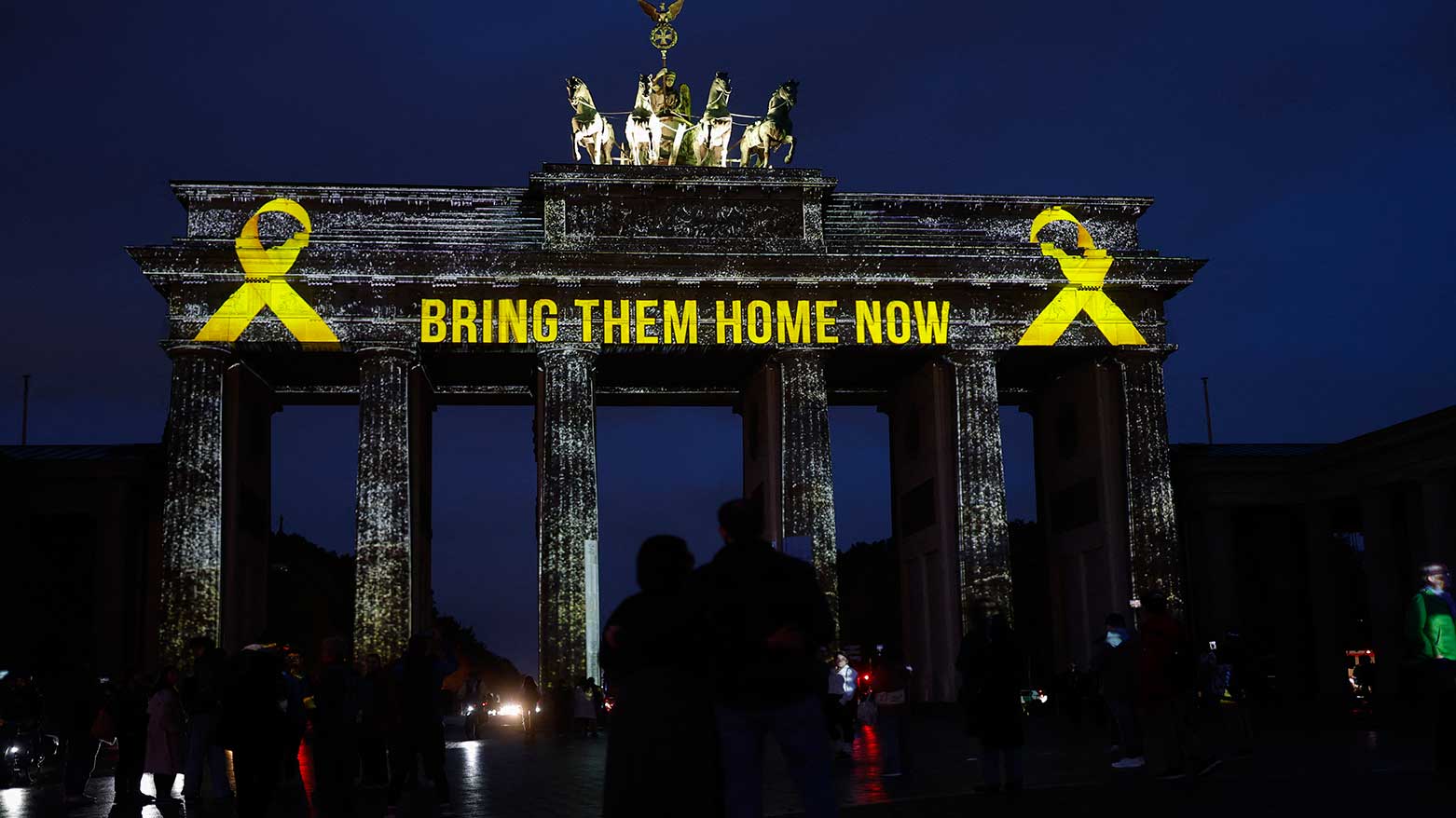Qatar, U.S., and Turkey Join Hamas-Israel Talks in Egypt
The high-level talks in Egypt center on a U.S.-backed peace plan proposing a ceasefire, hostage release, and Israel’s gradual withdrawal from Gaza.

ERBIL (Kurdistan24) — Qatar’s prime minister and senior envoys from the United States and Turkey are joining Israeli and Hamas representatives on Wednesday for a third consecutive day of negotiations in the Egyptian resort city of Sharm El-Sheikh, in what many observers describe as the most serious attempt yet to end the devastating Gaza war.
The indirect talks, based on a 20-point plan proposed last month by US President Donald Trump, aim to secure a ceasefire, facilitate the release of hostages, and set the framework for Hamas’s disarmament and Israel’s gradual withdrawal from Gaza.
The high-level mediation effort includes Qatar’s Prime Minister Sheikh Mohammed bin Abdulrahman Al Thani, Turkey’s intelligence chief Ibrahim Kalin, Trump’s Middle East envoy Steve Witkoff, and his son-in-law Jared Kushner.
“There’s a real chance that we could do something,” Trump said Tuesday from the Oval Office, expressing optimism that his initiative could achieve not only a truce in Gaza but also “peace in the Middle East.”
He emphasized that Washington would “do everything possible to make sure everyone adheres to the deal” if a ceasefire is reached.
The renewed diplomatic push coincides with the second anniversary of Hamas’s October 7, 2023 assault, which killed 1,219 people in Israel—mostly civilians—and triggered the war that has since reduced much of Gaza to rubble.
During the attack, militants also took 251 hostages into Gaza, 47 of whom remain captive, including 25 believed to be dead.
Since then, Israel’s military campaign has killed at least 67,160 people in Gaza, according to the Hamas-run health ministry, underscoring the immense humanitarian toll of the conflict.
The war has displaced more than a million people and left much of the enclave facing a UN-declared famine.
Global pressure on both sides has intensified. Last weekend, hundreds of thousands of demonstrators flooded streets across Europe, from London and Dublin to Madrid and Amsterdam, demanding an immediate ceasefire.
Protesters in the Netherlands urged their government to recognize a Palestinian state, while in Britain, tens of thousands defied Prime Minister Keir Starmer’s appeal to avoid rallies, holding vigils on the anniversary of the October 7 attack.
Hamas’s senior negotiator, Khalil al-Hayya, said his group seeks “guarantees from President Trump and the sponsor countries that the war will end once and for all.”
A Palestinian source close to the talks said Tuesday’s session focused on “initial maps presented by the Israeli side regarding the withdrawal of troops as well as the mechanism and timetable for the hostage-prisoner exchange.”
Egyptian Foreign Minister Badr Abdelatty called Trump “the primary guarantee of success at this stage,” even if it means “imposing a vision” to secure an agreement.
The negotiations come amid mounting international scrutiny. A recent UN inquiry accused Israel of genocide in Gaza, while human rights organizations have charged Hamas with war crimes during its October 7 assault—allegations both sides reject.
As the world watches Sharm El-Sheikh, hopes for a breakthrough remain fragile. Yet with unprecedented diplomatic engagement from Washington, Doha, and Ankara, and the involvement of Trump himself, mediators believe this may be the best—and perhaps last—chance to end one of the region’s deadliest and most destructive wars in decades.